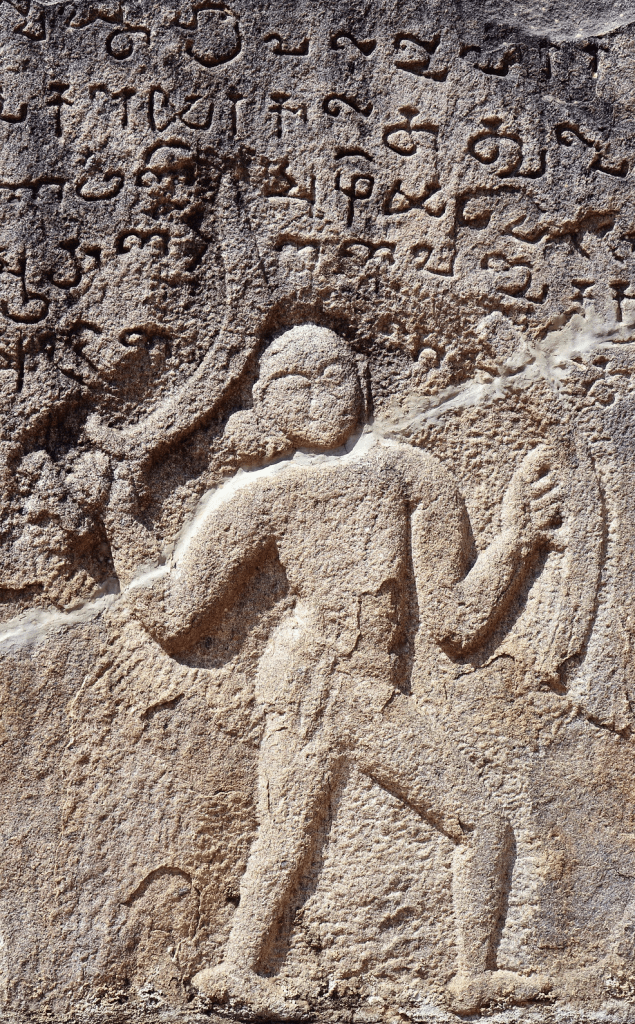Mission & Vision
The Department of South Asian Studies provides students with an opportunity to study the civilizations of South Asia and of related cultures by developing competence in Sanskrit, Hindi-Urdu, Tamil, Tibetan, or another South Asian language, and by examining the literature, the religious and philosophical traditions, the aesthetic and artistic traditions, and the moral and social traditions of that civilization.
While the Department of South Asian Studies is small, the resources available to students at Harvard are not, and include related degree programs and courses in Anthropology, Religions, Linguistics, Economics, Fine Arts, Inner Asian and Altaic Studies, Social Medicine, and Near Eastern Languages, among many others. In addition, the Sanskrit Library (Widener A) and the Widener and Houghton Libraries contain a collection of reference works, periodicals, and tape recordings of oral recitations, as well as one of the largest collections of Sanskrit and Tibetan manuscripts and printed texts in the West.
Language Highlight

Thai
This course introduces the basic grammatical structures of modern Thai, enabling students to read and produce simple, standard prose as well as engage in basic conversation by the end of the first year. Thai is taught with a concern for the cultural context in which this language is spoken and written.
No auditors will be permitted. Enrolled students must take the course for a letter grade.
Our History
Sanskrit was first taught at Harvard in 1872, when James Bradstreet Greenough, a Latin grammarian, began offering courses in Sanskrit and comparative philology as Latin electives. Charles Lanman, who began at Harvard in 1880, was the first to preside over the department of Indo-Iranian Languages, as it was then called. During his tenure, Lanman produced A Sanskrit Reader (1888), a collection of Sanskrit and Indic manuscripts which is still the standard introductory text today, as well as founded The Harvard Oriental Series in 1891. By 1902, as a result of the relinquishing of Avesta and the addition of Pali and Prakrit, the name of the department was changed to Indic Philology.

Degree Programs
Contact Us
1 Bow Street, 3rd floor
Cambridge, MA 0213
1 (617) 495-3295 – phone
1 (617) 496-8571 – fax
southasianstudies@fas.harvard.edu


